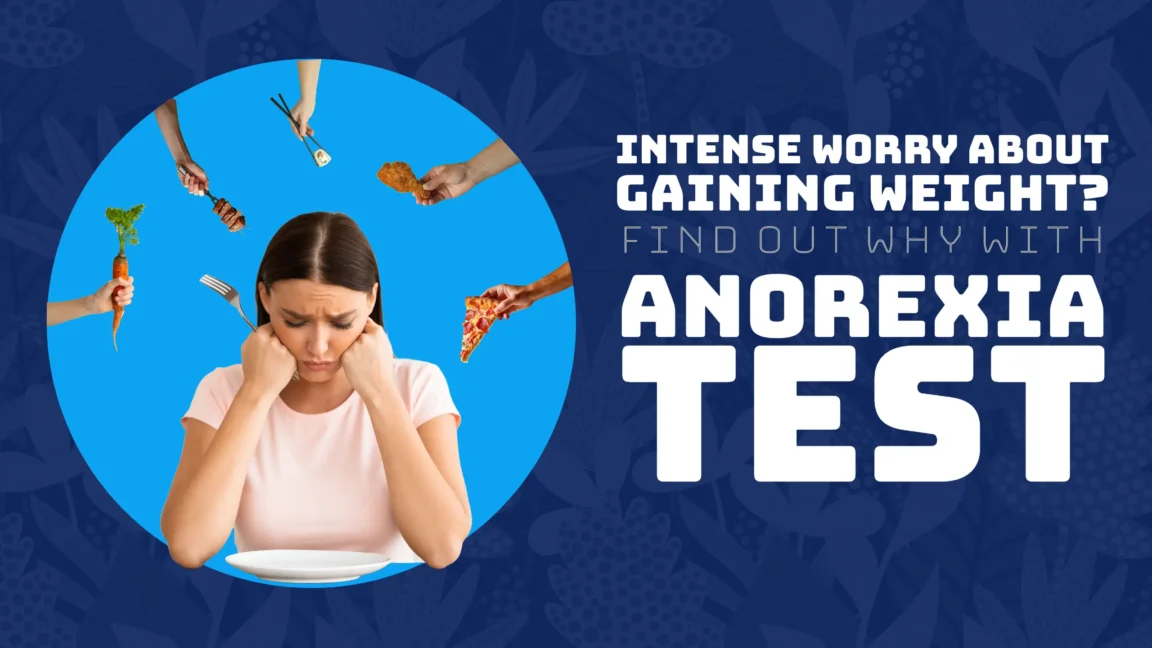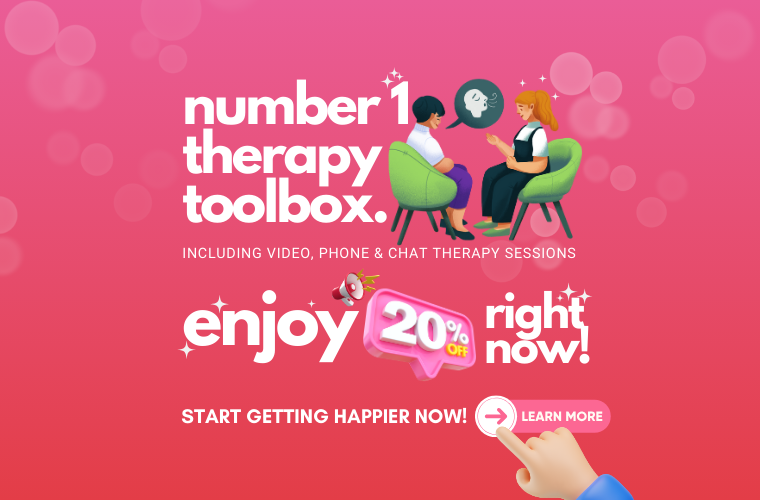Discover Your Path: Take the Anorexia Test
Struggling with eating habits can feel like a lonely journey, but it doesn’t have to be. You’re in the right place if you’re seeking answers or wondering about your relationship with food and body image. This guide is designed to shed light on anorexia, offering insights and tools to understand it better. Our promise to you is not just answers but a pathway to better health and well-being.
What Is Anorexia?
Anorexia, or anorexia nervosa, is more than just about losing weight. This is a serious eating disorder. It’s a complex condition where people see themselves as overweight, even when they’re underweight. People with anorexia, they often have a deep fear of gaining weight and go to great lengths to prevent it, affecting their food intake and overall physical health.
This condition can also involve binge eating disorder, adding complexity to its treatment.
Experts in eating disorder treatment stress the need for a whole-person approach, tackling both mind and body health. Treatment options often include diet help for body weight, therapy for mental issues, and sometimes medication.
Why Take The Anorexia Test?
Taking an anorexia test can be a pivotal first step. It’s about understanding your symptoms and recognizing how they impact your life. This isn’t about labeling yourself but gaining insights and finding the right support to navigate these challenges.
How the Test Works
This test reflects your eating habits, body image, and attitudes towards food and weight. Each question allows you to choose the answer that best represents your experiences, assigning points to each response.
Scoring is assigned as follows:
- 0-5 Points: Minimal Concern
- 6-10 Points: Mild Concern
- 11-15 Points: Moderate Concern
- 16-20 Points: High Concern
- 21+ Points: Severe Concern
Recommendations to Prevent It:
- Stay informed about the signs and symptoms of anorexia.
- Cultivate a supportive environment that encourages positive body image and healthy eating habits.
- Consider professional counseling to address underlying issues related to body image and food.
Important Note:
This test is not a substitute for a professional diagnosis. If you’re concerned about your eating habits or body image, it’s crucial to consult with a mental health professional for an accurate assessment and guidance.
Instructions:
Answer each question honestly based on your experiences in the past few months. Choose the answer that best reflects your feelings and behaviors.
Disclaimer
This test is intended for informational purposes only and should not be considered medical advice. Always seek the guidance of a qualified health provider with any questions you may have regarding a medical condition.
Contact a mental health professional or the National Eating Disorders Association (NEDA) for guidance and support.
Try Other Tests
- Question of
How do you feel about your body weight?
- I’m comfortable with it
- Sometimes I wish I were thinner
- I often feel I need to lose weight
- I always think I should be losing weight
Correct Wrong
- Question of
How often do you worry about gaining weight?
- Rarely or never
- Occasionally
- Frequently
- All the time
Correct Wrong
- Question of
How do you control your food intake?
- I eat when I’m hungry and stop when I’m full
- I sometimes skip meals to control my weight
- I often restrict my eating to lose weight
- I regularly follow strict diets or fast
Correct Wrong
- Question of
How does eating make you feel?
- Comfortable and satisfied
- Sometimes guilty or anxious
- Often guilty, leading to further food restriction
- Extremely anxious, often resulting in purging
Correct Wrong
- Question of
How do you view your body in the mirror?
- Positively, most of the time
- I’m critical of my body sometimes
- I frequently feel dissatisfied with my body
- I always find faults and feel dissatisfied
Correct Wrong
- Question of
How much does your weight influence your self-esteem?
- Not much
- Somewhat, in certain situations
- Significantly, affecting my daily mood
- Completely, my self-worth is tied to my weight
Correct Wrong
- Question of
Do you exercise to specifically burn off calories from eating?
- No, I exercise for health and enjoyment
- Sometimes, particularly after eating more than usual
- Often, to avoid weight gain
- Always, I feel compelled to compensate for eating
Correct Wrong
- Question of
Have you experienced noticeable weight fluctuations in the last six months?
- No significant changes
- Some minor fluctuations
- Yes, noticeable weight loss
- Yes, significant weight loss that concerns others
Correct Wrong
- Question of
How do others describe your eating habits?
- Normal or healthy
- Sometimes cautious or picky
- Often restrictive or unusual
- Extremely restrictive and worrying
Correct Wrong
- Question of
Do you feel the need to hide your eating habits or lie about them?
- Never
- Rarely, only in certain situations
- Frequently, I’m uncomfortable eating around others
- Always, I’m secretive about my eating habits
Correct Wrong
- Question of
How often do you engage in binge eating followed by purging?
- Never
- Rarely, it has happened a few times
- Sometimes, it’s a recurring issue
- Regularly, it’s part of my routine
Correct Wrong
- Question of
How do you react to stress or emotional distress?
- I find healthy ways to cope
- I sometimes turn to food for comfort, but not always
- I often restrict my eating to feel in control
- I either restrict or binge eat to cope
Correct Wrong
- Question of
How important is food and eating in your daily thoughts?
- It’s just a part of life
- I think about food more than I’d like
- Much of my day is spent thinking about eating
- Obsessively, it dominates my thoughts
Correct Wrong
- Question of
Have you sought help for your eating habits or body image concerns?
- No need, I’m confident in my eating habits and body image
- I’ve considered it but haven’t yet
- Yes, I’ve sought help but it’s an ongoing struggle
- Yes, I’m actively working with professionals on these issues
Correct Wrong
- Question of
Do you fear eating in public or social situations?
- Not at all
- A little, it makes me anxious
- Quite a bit, I avoid eating in public when possible
- Extremely, I avoid social situations involving food
Correct Wrong


